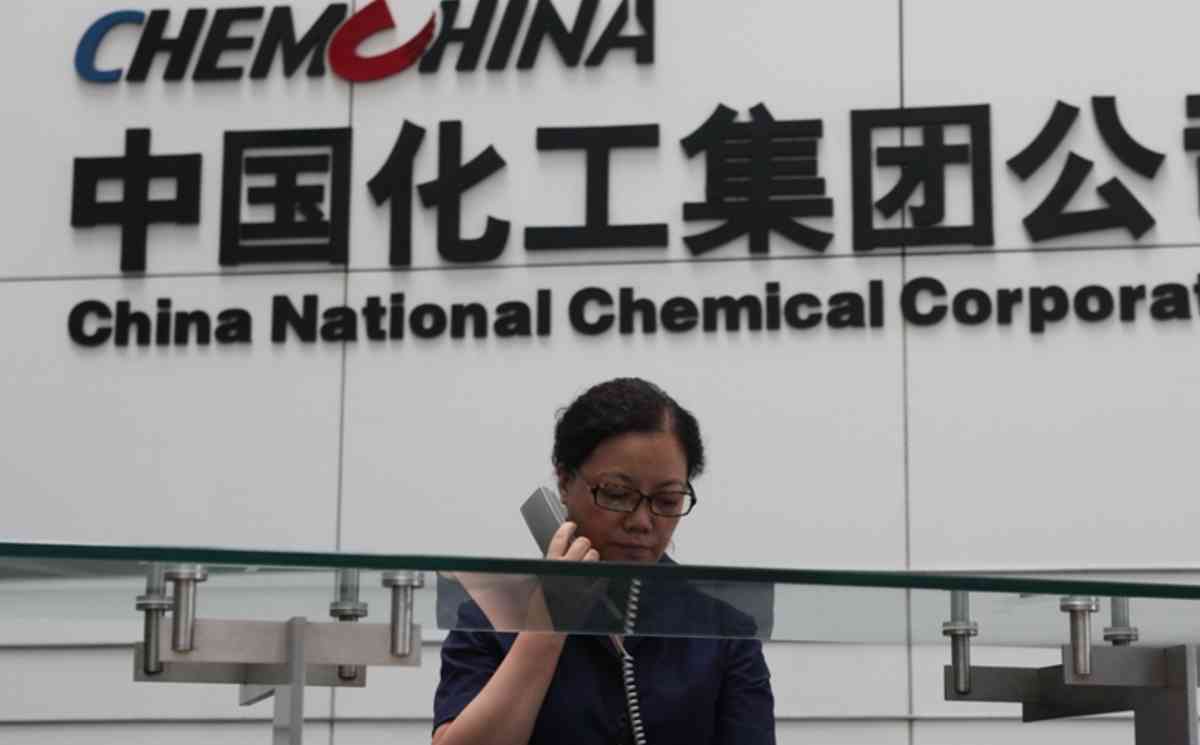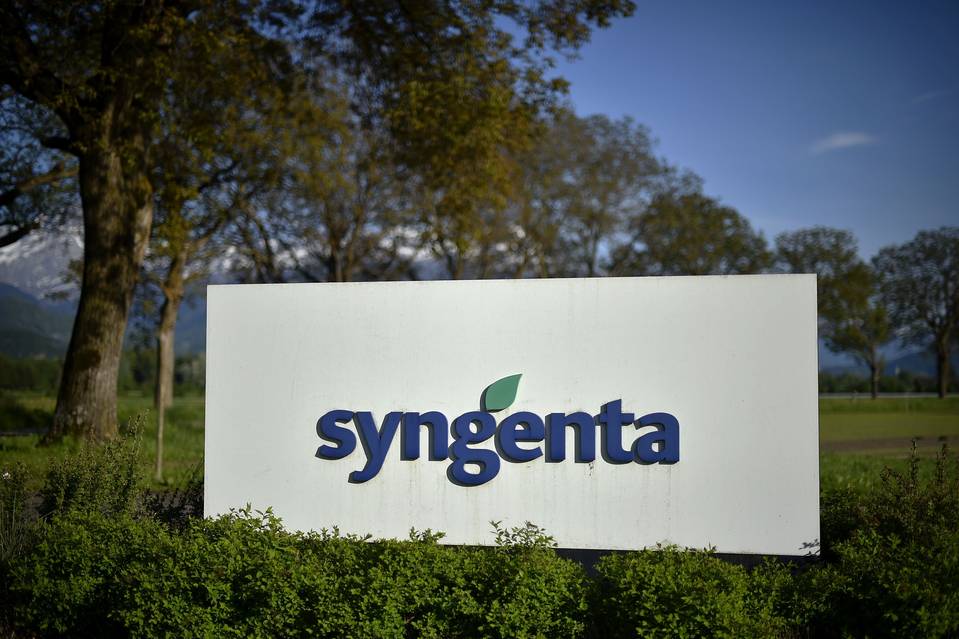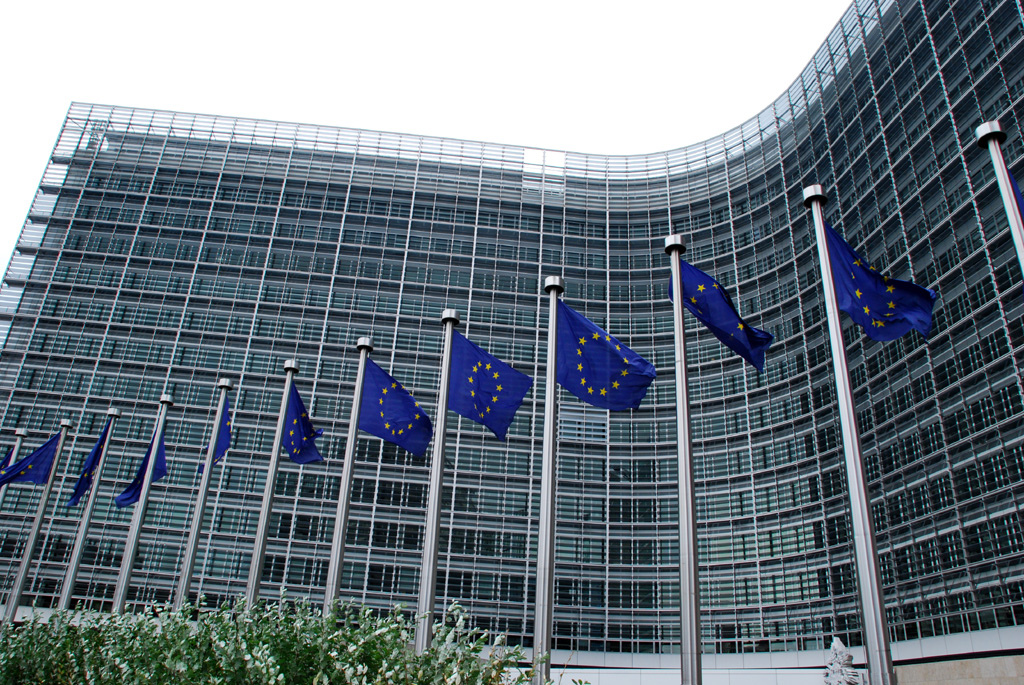
The European Commission has opened an in-depth probe to assess whether the proposed acquisition of Syngenta by ChemChina is in line with the EU Merger Regulation.
The Commission will assess whether the deal may reduce competition in crop protection products and the supply of certain input chemicals.
Commissioner Margrethe Vestager, in charge of competition policy, said: "This deal would lead to the combination of a leading crop protection company with one of its main generic competitors.

"Therefore we need to carefully assess whether the proposed merger would lead to higher prices or a reduced choice for farmers".
The proposed merger would combine Syngenta of Switzerland, one of the main global seeds and crop protection companies, and ChemChina of China, which controls Adama, the largest supplier of generic crop protection products in Europe.
The transaction would take place in an industry that is already relatively concentrated.
The Commission's preliminary concerns

Syngenta and ChemChina, through Adama, each have strong partially overlapping portfolios of crop protection products, including herbicides, insecticides, fungicides and plant growth regulators.
These products are used for the cultivation of several of the main crops grown in Europe, including cereals, cotton, corn, fruits and vegetables, oilseed rape, soybean, sugarbeet and sunflowers.
The Commission's initial investigation identified preliminary concerns in a number of these crop protection markets and suggests that the parties have relatively high combined market shares in many of these markets, and that at least some of each party's products may compete directly with those of the other.
Adama may be an important generic competitor of Syngenta in many of these markets.
And for a company that focuses on generic crop protection products, Adama has a broad portfolio of products, wide geographic coverage and good access to downstream distributors.
The Commission therefore has preliminary concerns that the proposed merger could reduce competition on these markets and that this in turn could have an impact on price and choices for farmers.
As well as looking into crop protection markets, the in-depth investigation will also verify whether the merger may negatively affect Syngenta's and ChemChina's supply of active ingredients.
These are the key chemical input for other manufacturers to make crop protection products.
The transaction was notified to the Commission on 23 September 2016. The Commission now has 90 working days, until 15 March 2017, to take a decision. The opening of an in-depth inquiry does not prejudge the final result of the investigation.
Given the worldwide scope of Syngenta's and ChemChina's activities, the Commission is cooperating closely with other competition authorities, notably with the Federal Trade Commission in the US and the antitrust authorities of Brazil and Canada.
